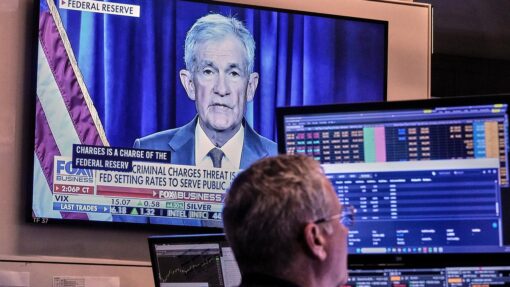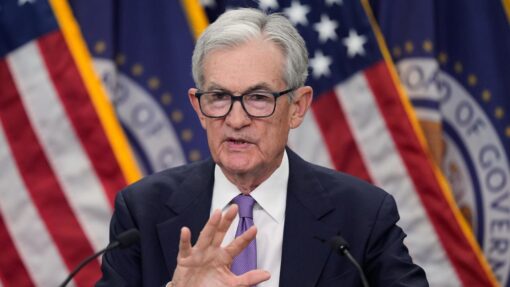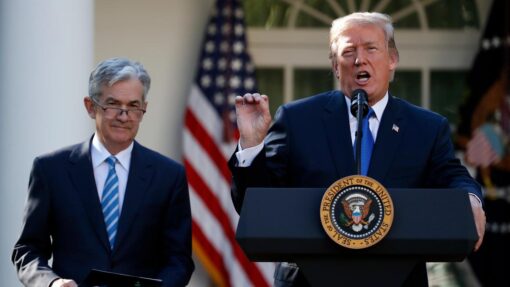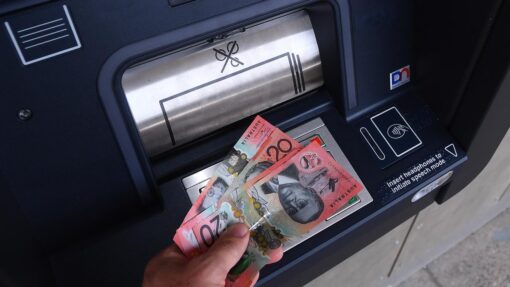After SVB fail, US acts to shore up banking confidence
Andrea Shalal and Howard Schneider and Pete Schroeder |
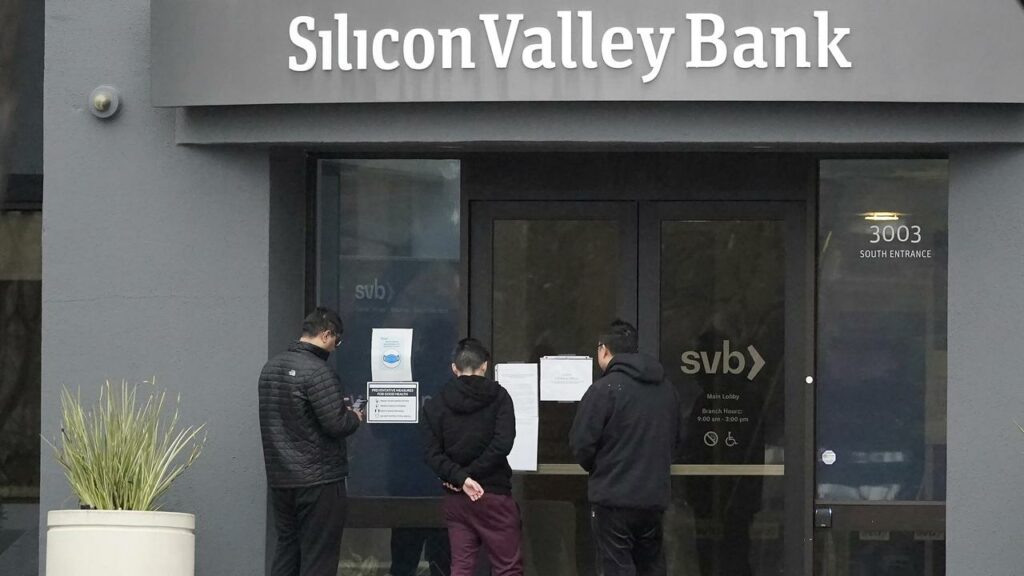
US authorities have launched emergency measures to shore up confidence in the banking system after the failure of Silicon Valley Bank threatened to trigger a broader financial crisis.
After a dramatic weekend, regulators said the failed bank’s customers will have access to all their deposits starting Monday and set up a new facility to give banks access to emergency funds.
The Federal Reserve also made it easier for banks to borrow from it in emergencies.
While the measures provided some relief for Silicon Valley firms and global markets on Monday, worries about broader banking risks remain and have cast doubts over whether the Fed will stick with its plan for aggressive interest rate hikes.
“We think the steps taken by the Fed, Treasury and (the Federal Deposit Insurance Corp) will decisively break the psychological ‘doom loop’ across the regional banking sector,” said Karl Schamotta, chief market strategist at Corpay in Toronto.
“But, fairly or not, the episode will contribute to higher levels of background volatility, with investors watching warily for other cracks to emerge as the Fed’s policy tightening continues.”
Regulators also moved swiftly to close New York’s Signature Bank, which had come under pressure in recent days.
The wider efforts to avert a crisis lifted Wall Street stock futures in Asian trade on Monday, helping broader markets.
The Biden administration’s intervention underscores how a relentless campaign by the Fed and other major central banks to beat back inflation is putting stress in the financial system and global markets.
Silicon Valley Bank (SVB), a mainstay for the start-up economy, was a product of the decades-long era of cheap money, with unique risks that made it especially vulnerable. But as a run on the bank ensued last week, worries that other regional banks shared similarities spread quickly.
The collapse of SVB – the largest bank failure since 2008 – sparked concerns over whether small-business clients would be able to pay their staff, with the FDIC only protecting deposits of up to $US250,000 ($A377,291).
Some 89 per cent of SVB’s $US175 billion in deposits were uninsured as of the end of 2022, according to the FDIC.
All depositors, including those whose funds exceed the maximum government-insured level, would be made whole, according to a statement by US Treasury Secretary Janet Yellen, Fed chair Jerome Powell and Federal Deposit Insurance Corp chair Martin Gruenberg on Sunday.
A senior US Treasury official said the actions taken would protect depositors while providing additional support to the broader banking system.
“The firms are not being bailed out. The depositors are being protected,” the official said.
The risk would be borne by the Deposit Insurance Fund.
Providing the systemic risk exceptions was deemed quicker than waiting for a possible buyer, the official said.
Treasury officials said depositors of New York’s Signature Bank, which was closed Sunday by the New York state financial regulator, would also be made whole at no loss to the taxpayer.
Signature, like SVB, had a tech-heavy clientele, and the securities on its balance sheet had eroded as interest rates rose.
As of September, almost a quarter of Signature’s deposits came from the cryptocurrency sector, but the bank announced in December that it would shrink its crypto-related deposits by $US8 billion.
While all customer deposits would be protected, new policies would “wipe out” equity and bondholders in SVB and Signature Bank, a senior US Treasury official said.
Together with the Fed’s decision to ensure financial institutions could meet the needs of all their depositors, the steps would “restore market confidence”, the official said.
The Fed said it would make additional funding available through a new Bank Term Funding Program, which would offer loans of up to one year to depository institutions, backed by Treasuries and other assets these institutions hold.
In Britain, where SVB has a subsidiary, the government and Bank of England held talks to find a solution that would avert the local lender from failing.
In London HSBC announced it was buying Silicon Valley Bank UK for Stg1 ($A1.80). It said the subsidiary had loans of about Stg5.5 billion pounds and deposits of about Stg6.7 billion pounds as of March 10.
Reuters